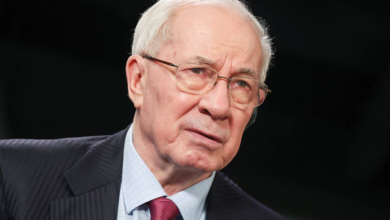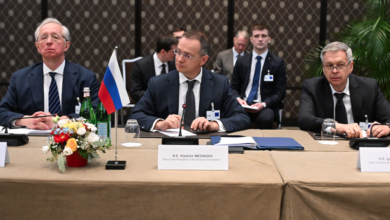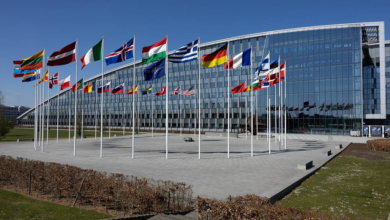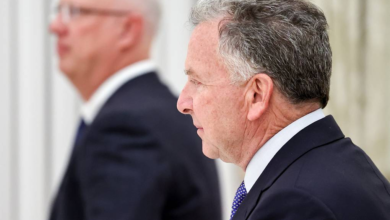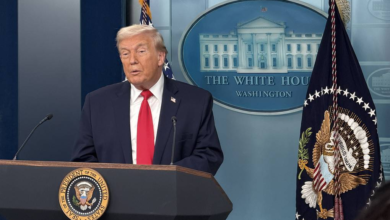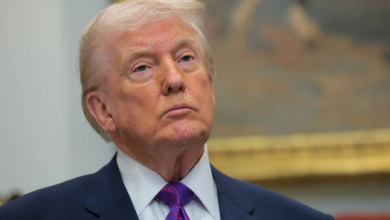Priyanka Gandhi Slams Indian Government’s Silence on Gaza Crisis, Calls It “Tragic Reversal of Our Anti-Colonial Legacy
Gandhi emphasized that there is “no justification” for India’s silence. “True global leadership demands the courage to defend justice
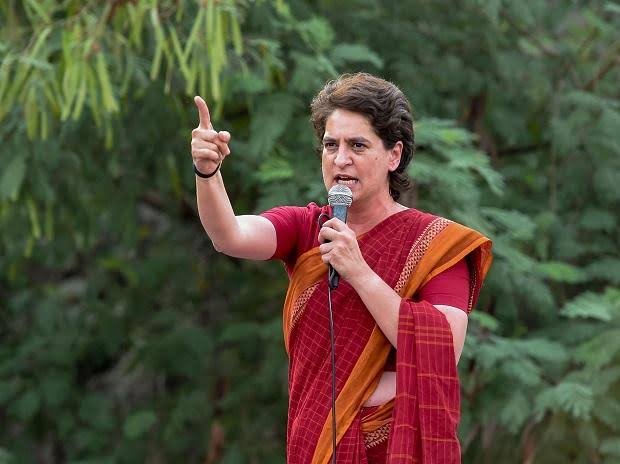
“Priyanka Gandhi Slams Indian Government’s Silence on Gaza Crisis, Calls It “Tragic Reversal of Our Anti-Colonial Legacy”
New Delhi, June 15, 2025 — In a scathing rebuke to the Indian government’s stance at the United Nations, Congress leader Priyanka Gandhi Vadra on Saturday condemned India’s decision to abstain from voting on a UN resolution aimed at protecting civilians and ensuring humanitarian and legal safeguards in war-torn Gaza. Her remarks, delivered through her social media channels, have sparked intense national and international discourse, particularly amid ongoing global outrage over the humanitarian catastrophe unfolding in the Palestinian enclave.
Priyanka Gandhi’s statement comes at a time when the death toll in Gaza has crossed 60,000, with a majority of the victims being women and children. Entire neighborhoods have been flattened, infrastructure decimated, and basic supplies such as food, medicine, and water remain in critically short supply due to prolonged blockades. The conflict has not only resulted in staggering human casualties but has also severely damaged the region’s health and governance systems.
“It is shameful and disappointing that our government has chosen to abstain on the UN motion for the protection of civilians and upholding legal and humanitarian obligations in Gaza,” Gandhi stated. “60,000 people, mostly women and children have been killed already, an entire population is being confined and starved to death, and we are refusing to take a stand.”
She further expressed concern that this abstention marks a fundamental departure from India’s historical position on international justice, peace, and anti-colonial solidarity — values that were once the bedrock of Indian foreign policy. Referring to it as a “tragic reversal of our anti-colonial legacy,” Gandhi asserted that India, which once stood at the moral forefront of global human rights and self-determination movements, now risks being seen as complicit in atrocities through its silence.
“In fact,” she added, “not only are we standing silent as Mr. Netanyahu annihilates an entire nation, we are cheering on as his government attacks Iran and assassinates its leadership in flagrant violation of its sovereignty and complete contravention of all international norms.”
This is not the first time India’s Gaza policy has drawn criticism. However, Gandhi’s words stand out for their directness and emotional resonance. Her remarks also hint at growing unease among civil society, intellectuals, and sections of the political class about the government’s perceived shift from a principled foreign policy to one driven more by strategic alignments and political calculations.
“How can we, as a nation, just abandon the principles of our constitution, and the values of our freedom struggle that led the way for an international arena based on peace and humanity?” she questioned, pointing to the disconnect between India’s founding ideals and its current geopolitical choices.
The timing of her statement is significant. It comes amid increasing scrutiny of Israel’s military operations in Gaza, which many international observers have described as amounting to war crimes. Just this week, several UN agencies reiterated calls for an immediate ceasefire, warning that Gaza’s population faces a full-blown famine and a generation of children is being lost to violence and trauma.
Gandhi emphasized that there is “no justification” for India’s silence. “True global leadership demands the courage to defend justice. India has shown this courage unfailingly in the past,” she declared, invoking the legacies of Mahatma Gandhi, Jawaharlal Nehru, and Indira Gandhi — all of whom championed global peace and human dignity.
She ended her statement with a powerful appeal to India’s conscience and its role on the world stage: “In a world that is increasingly divisive, we must reclaim our voice for humanity and stand fearlessly for truth and non-violence.”
The Indian government has yet to officially respond to Gandhi’s comments. However, her remarks have quickly gone viral, being widely shared by human rights activists, international journalists, and political commentators. While supporters lauded her courage to speak against a policy many deem morally indefensible, critics accused her of politicizing foreign policy issues.
Nonetheless, Gandhi’s statement has added fuel to a growing debate on whether India’s foreign policy has strayed too far from its moral compass. As the situation in Gaza worsens by the hour, and as the international community continues to pressure major nations to take a stand, the question remains: Will India reclaim its historic role as a voice for the oppressed, or will it continue to watch from the sidelines?
One thing is clear — silence, in the face of such suffering, speaks volumes.
